You will be aware that a sub-committee of the RNZN Communicators Association has been in dialogue over many years with Members of Parliament and various Chiefs of Defence Force seeking a review of the period 1966 – 1975, which encompassed both the Far East Strategic Reserve (FESR) and Australia, New Zealand and the United Kingdom (ANZUK) Forces.
As a result of the Association providing substantial background information to the current Chief of Defence Force [CDF], he agreed to re-investigate the period 1966 -1975 and anticipated that the investigation would be completed by 30 June 2019, with a recommendation forwarded to the Minister of Defence in the Third Quarter of 2019. On 30 June 2019, the Association was advised that the review was taking longer than expected and a response could now be expected by 30 September 2019. [To support CDF’s comment on the 12 August 2019, a letter from the Minister of Defence stated, “The New Zealand Defence Force had made progress on locating useful documents relating to the perceived threats to British Commonwealth military personnel. Research is ongoing as potentially relevant archival files are identified”]. However, the 30 September 2019 deadline passed and following further prompting to CDF the Association received a new completion date of 29 February 2020. Guess what! No CDF advice was received by that date and after again polite prompting the Association received the following:
———————————
Gary
Air Marshal Short has asked me to reply on his behalf.
The time this is taking is frustrating to us all, but we are facing the same challenges that others who have looked at this. There is no conclusive black and white answer, and I don’t want to go back to CDF nor the Minister without ensuring that we have covered this off as exhaustively as possible. The team doing the work have put their heart and soul into chasing every possible archival source. We want to get the fairest outcome for veterans and get as much closure for this long-standing issue.
I think we now have got as much as we are ever going to get and we are now tidying it up. The next step in the process is to go back with a draft for consideration by the Cabinet Office. Once that is complete it will go to CDF and then the Minister and he can choose from there what action he wishes to take.
Ngā mihi
John
John McLeod, ONZM
Director
Heritage, Commemorations, and Protocol Group
Director
Heritage, Commemorations, and Protocol Group
HQ NZ Defence Force
——————————————
So, what is the next date[?] Presently, there isn’t one. The Association, however, will again politely ask CDF for clarification of expected timings.
It is interesting to note that although the Association has offered to provide assistance surrounding operations during the period in question by personnel who actually served in the FESR, we have been ignored. A couple of questions which come to mind are if there was no threat to personnel ‘Why did the RNZN expose their crews to CS gas in chambers in Hong Kong?’ ‘Why were ships crews trained in ‘Aid to Civil Power?’ ‘Why did ANZUK personnel who lived outside of a military installation have large whiteboards with their names in large black writing on their gates?’ All relevant pertinent questions. Could it be that there was a RISK! Or, maybe if something went down such recognition would make it easier to identify personnel and their families.
Advice is that we are in a period of time where archival records of the period are fairly sketchy or non-existent. ‘Reports of Proceedings,’ which were unclassified and really were restricted to the general welfare of ships companies, the weather and sports results. If you read what was going on from a political perspective it is obvious that the Far East was not a stable geographical area and that the presence of Australian and New Zealand military personnel had what could be called a ‘peacekeeping’ effect on the local populous without personnel being aware of what the political masters had intended.
Also, of concern is the current review is not independent. Reason. The Association has been advised that an NZDF draft has already been discussed with Cabinet Office and the previous Chair of the medallic working group who made a decision not to grant NZ recognition for the period 1966 – 1975.
Your subcommittee is concerned that the NZDF will never be able to reach a positive conclusion based on the understanding that the review is tainted and that apparently there is not sufficient comprehensive NZ archival information to make a favourable judgement. The Australian Defence Force obviously kept accurate and detailed records and maintained an all-encompassing and complete set of archival information that ‘gave them license’ to recognise both FESR and ANZUK service. Are we in New Zealand too big to ask the Australians for their records and archival information of the 1966 – 1975 period? It would make perfect sense and, more importantly, it would allow the correct NZ decision to be made based on the Australian Defence Force experience who were able to formally recognise and reward their personnel.




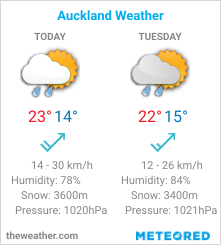
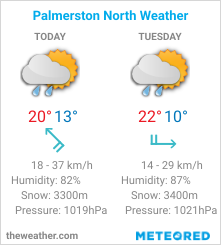
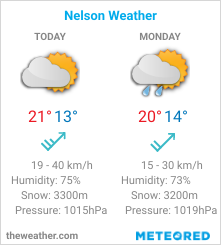
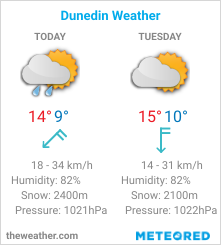
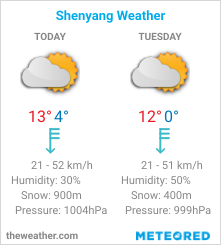
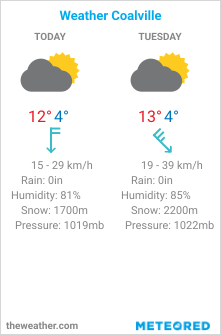
No comments:
Post a Comment
How did you like the post, leave a comment. I would appreciate hearing from you all. Best wishes from JC's Naval, Maritime and Military News